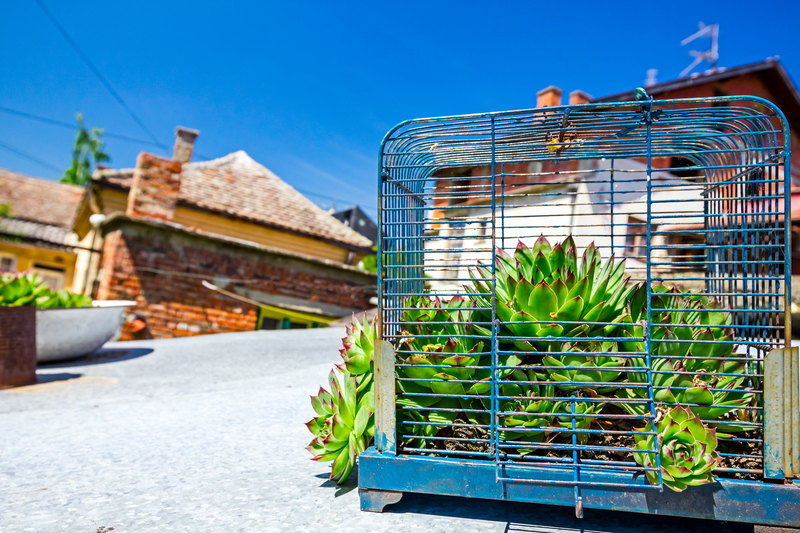Managing Your Garden in Extreme Heat
Posted on 12/01/2025
Extreme heat can be detrimental to your garden, affecting everything from plant health to soil quality. Prolonged periods of high temperatures can cause plants to wilt, suffer from heat stress, or even die if not properly managed. Additionally, hot weather accelerates water evaporation from the soil, leading to dehydration. Understanding these impacts is essential for taking effective measures to protect your garden.
Choosing Heat-Tolerant Plants
One of the most effective ways to manage your garden during extreme heat is by selecting plants that are naturally heat-tolerant. Some excellent options include succulents, cacti, and Mediterranean herbs like rosemary and lavender. Native plants are also a good choice since they are already adapted to local climate conditions. Consult your local garden center or extension service for recommendations specific to your region.

Watering Strategies
Proper watering is crucial for garden health during extreme heat. Watering deeply and infrequently encourages plants to develop deep root systems, making them more resilient to heat. Early morning or late evening are the best times to water, as this reduces water loss due to evaporation. Drip irrigation systems are another efficient option, delivering water directly to the plant roots.
Mulching for Soil Health
Mulching serves multiple functions in managing a garden during extreme heat. It helps retain soil moisture, reduces weed growth, and can even moderate soil temperature. Organic mulches such as straw, wood chips, and compost are excellent choices. Spread a 2-3 inch layer around your plants, ensuring not to pile it against plant stems to prevent rot.
Shade Solutions
Providing shade can be a lifesaver for your plants during periods of extreme heat. Shade cloths, row covers, or even simple umbrellas can help reduce the intensity of sunlight and keep your plants cooler. You can also consider planting taller, more heat-tolerant plants to create natural shade for more delicate species.
Soil Management
Healthy soil is the foundation of a resilient garden. Extreme heat can deplete soil nutrients and reduce its water-holding capacity. Regularly adding organic matter like compost or aged manure can improve soil structure and fertility. Consider a soil test to determine any nutrient deficiencies and amend accordingly.

Maintenance and Monitoring
Regular maintenance and close monitoring are key to managing your garden during extreme heat. Check for signs of heat stress such as wilting, scorched leaves, and stunted growth. Pruning dead or damaged vegetation can help improve air circulation and reduce stress on the plant. Keep an eye out for pests, which can be more prevalent in hot weather.
Conclusion
Managing your garden during extreme heat requires a combination of strategic planning, careful plant selection, and diligent maintenance. By understanding the impact of high temperatures and implementing these tips, you can create a garden that not only survives but thrives even in the hottest conditions. Your efforts will pay off with a healthy, vibrant garden that brings joy and beauty to your surroundings.
Latest Posts
Must-Try Planting Concepts for a Beautiful Autumn Garden
DIY Guide to Perfectly Sharpening Garden Shears at Home
Essential Techniques for Maintaining Clean and Lush Artificial Grass
Transform Your Space With Meaningful Zen Garden Plant Choices




